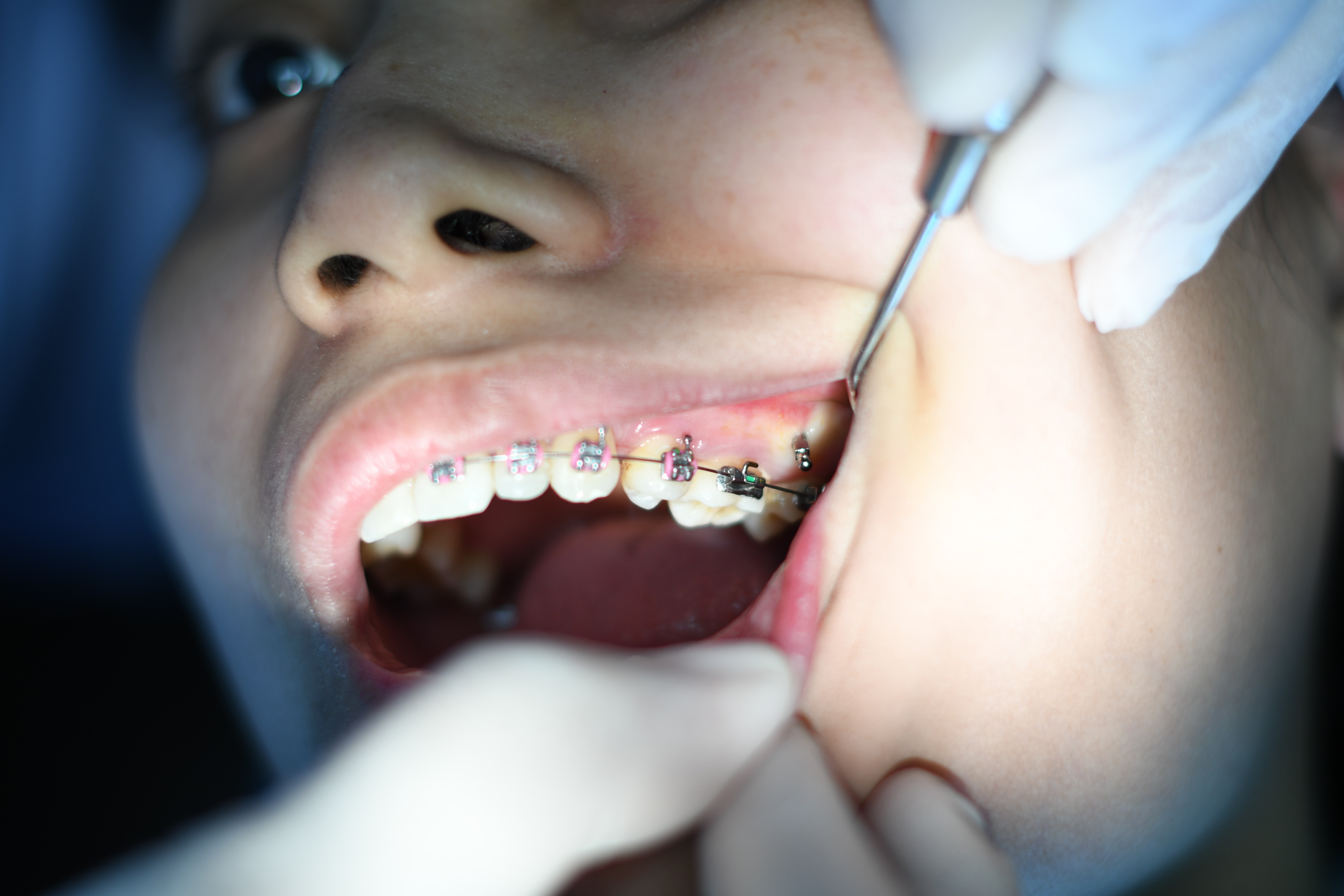As your child is growing, you can’t help but wonder whether or not they will need braces at some point. You’ve probably heard all about the costs of braces and how big of an investment they can be.
The truth is that braces are costly and it’s also the truth that they are a worthy investment. Some people think that they are purely for cosmetic reasons, however, they can also be an important device for the treatment of other serious health problems.
Taking your child to a dentist regularly is imperative but you can also follow the signs that will show you whether or not your child needs braces.
Take a look at 5 signs that can reveal if your child needs braces.
Misaligned or crowded teeth
Malocclusion occurs when a child’s teeth become too crooked or crowded. There are many reasons for this, primarily hereditary reasons – your child might have inherited jaw structure from one relative and the size of the teeth from the other – and this is where problems start.
The lack of space in the jaw causes teeth to overlap and to grow too close together, which causes crowding in your child’s mouth. Crowding of the teeth leads to other more complicated problems such as difficulty chewing and biting, mouth breathing, speech problems, and so on.
One way to deal with the overcrowding of teeth is with braces. If you notice that your child’s teeth are growing misaligned and overlapped – take your child to a dentist. A dentist will tell you more about what needs to be done or when to start wearing braces and other useful information
Problems with chewing
Some children are simply picky eaters and others are picky eaters because they have chewing problems. If you’ve noticed that your kid is having problems eating, then the main culprit may be teeth.
Often misaligned and crowded teeth are the main reason why your child is having trouble biting and chewing. Also, crooked and crowded teeth may cause biting of the tongue and inside of the cheeks.
This problem can be easily fixed with the use of braces. These devices will align and strengthen the teeth and in that way straighten the position of the bite making it easier to chew and eat.
Speech problems
Just like chewing, speech problems in kids are often caused by misaligned teeth. If your child is having trouble pronouncing certain words or developing lisps which is not correcting itself as your child’s speech skills develop, consider taking them to a dentist’s office.
A dentist or an orthodontist will be able to tell you if the problem is truly the misalignment of the teeth or something more serious. If the problem is the teeth, the orthodontist will offer treatment that most likely involves braces.
Orthodontists at Church St Dental recommend taking your child to a dentist early on so that these kinds of problems can be treated in time and future problems can be prevented.
Mouth breathing
It’s not strange to see children breathing through their mouth when sleeping – what is strange is when your child constantly breaths through their mouth, day and night.
Mouth breathing can cause many problems including crooked teeth, facial deformities, and even poor growth. Since children can’t really tell you their symptoms, you as a parent should look for signs of mouth breathing. Some of those signs include slower growth rate, irritability, dry and cracked lips, daytime sleepiness, concentration problems.
Mouth breathing can also affect the growth of your child’s teeth and it can change the appearance of their face. Make sure you look closely for all these signs.
Gaps in the teeth
Gaps in the teeth are nothing strange for primary teeth. However, if your child has gaps even after the permanent teeth have grown out, the best solution is braces.
There is no one cause for the gaps in your child’s teeth, but in many cases, bad habits like thumb sucking can be the reason for the development of the gap in your child’s teeth.
Gaps in teeth are mostly a cosmetic problem and are usually treated with braces. Take your child to a dentist to find out the real reason for the appearance of the gaps. The treatment will largely depend on the underlying cause.
Spotting these signs is not difficult, however, remember that every child is different and so are their teeth. The best thing that you can do is take your child to the dentist regularly – the dentist will be able to spot any type of problems and treat them early on.
















